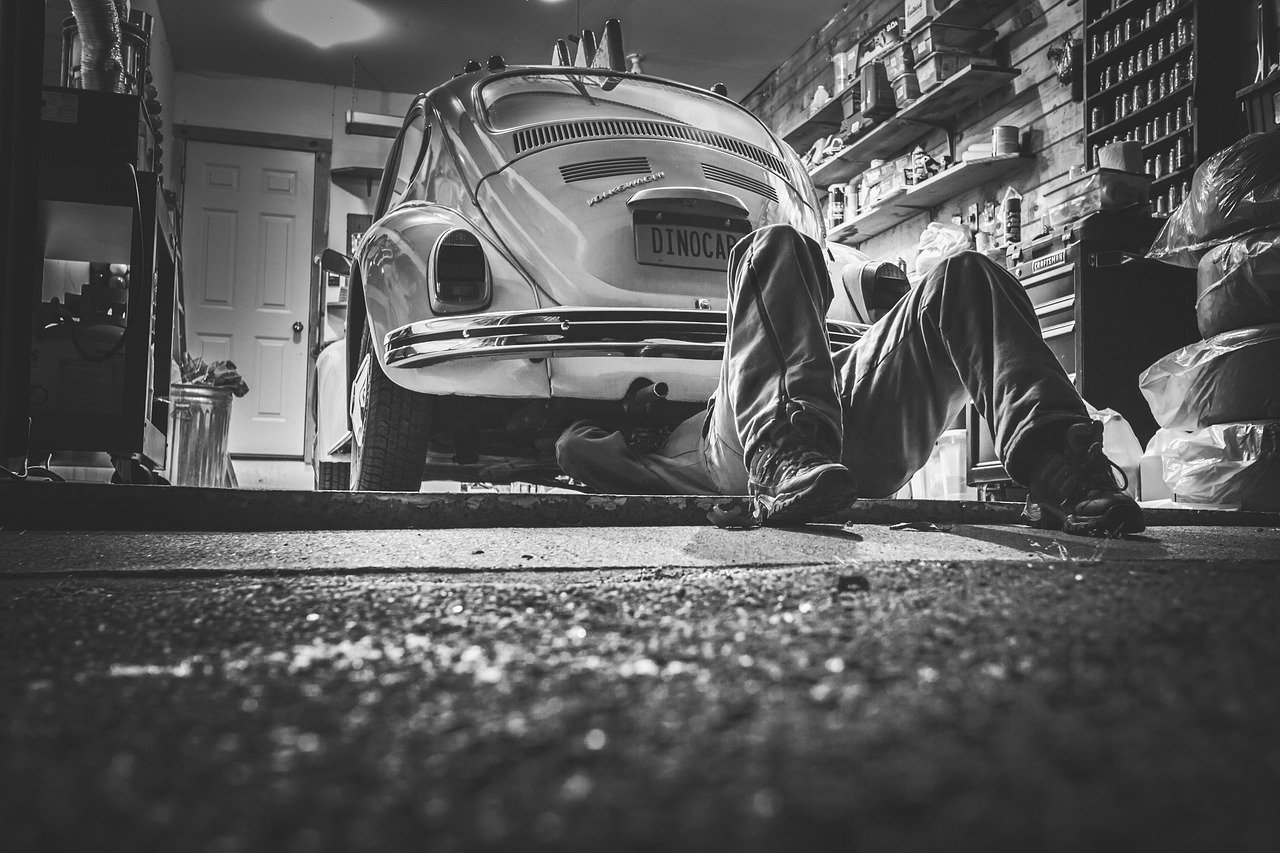The Ultimate Checklist for Buying a Classic Car: What to Watch Out For
Thinking of buying a classic car? Get ready to embark on an exciting journey through automotive history. Classic cars have a timeless appeal, representing the golden era of design and craftsmanship. But before you take the plunge into this vintage world, knowing what to watch out for is essential. Aside from that, you must purchase from a trusted seller. If you are from Beverly Hills, you should read the Beverly Hills Car Club Reviews. In this ultimate checklist, we’ll guide you through the key factors that will help ensure you make a wise investment. From verifying authenticity to examining documentation, buckle up as we unveil the secrets to finding your dream classic car.
Authenticity
Authenticity is an absolute must when it comes to buying a classic car. You want to ensure you’re getting the real deal, not just a cleverly disguised replica. So, how can you determine if a car is genuinely authentic? First and foremost, do your research! Familiarize yourself with the specific details and features that should be present in the model you’re interested in. Look for unique identifiers like limited edition badges or specific trim options only available for certain years. Next, inspect the vehicle’s VIN (Vehicle Identification Number) carefully.

Condition
When buying a classic car, one of the most important factors is its condition. The overall state of the vehicle can greatly impact its value, performance, and longevity. Take a close look at the bodywork. Check for any signs of rust or corrosion, as this can indicate poor maintenance or potential structural issues. Inspect all panels for dents or scratches that may require costly repairs. Next, examine the interior thoroughly. Look for any tears or stains on the upholstery and check that all knobs and switches are in working order.
Test Drive
Taking a classic car for a test drive is an essential step before making your purchase. It lets you get a feel for the vehicle and evaluate its performance firsthand. Pay attention to how the car starts up. Is it easy to ignite, or does it take multiple tries? This can be indicative of underlying mechanical issues that may need addressing. Next, focus on how the car handles on the road. Does it steer smoothly and respond well to your inputs? Be sure to test out both city driving and highway speeds, as this will give you a better understanding of its overall capabilities.
Documentation
 Documentation is a crucial aspect to consider when buying a classic car. It provides valuable information about the history and authenticity of the vehicle, helping you make an informed decision. When examining the documentation, there are several key things to watch out for. Check if the car has a clear title and registration. This ensures that it is legally owned and can be transferred to your name without any issues.
Documentation is a crucial aspect to consider when buying a classic car. It provides valuable information about the history and authenticity of the vehicle, helping you make an informed decision. When examining the documentation, there are several key things to watch out for. Check if the car has a clear title and registration. This ensures that it is legally owned and can be transferred to your name without any issues.
Additionally, look for maintenance records that detail past repairs and servicing. These records give you insight into how well the car has been maintained and help identify any recurring problems. Taking these factors into account, along with your personal preferences and budget limitations, when buying a classic car, will significantly increase your chances of finding one that brings joy as well as long-lasting value into your life. So go ahead – embark on your journey towards owning that dream vintage automobile! Happy hunting!…





 If you want your car to last long, you must drive it regularly. This will keep the engine and other parts from seizing up. But that doesn’t mean you should just let it idle in the driveway. You should take it out for a spin at least once a week, even if it’s just around the block. Not only will this keep your car in good shape, but it will also help you spot any potential problems before they become serious. Now that you know how to extend the life of your car put these tips into practice and enjoy many years of worry-free driving. Just bear in mind that no matter how well you take care of your car, it will eventually reach the end of its lifespan.…
If you want your car to last long, you must drive it regularly. This will keep the engine and other parts from seizing up. But that doesn’t mean you should just let it idle in the driveway. You should take it out for a spin at least once a week, even if it’s just around the block. Not only will this keep your car in good shape, but it will also help you spot any potential problems before they become serious. Now that you know how to extend the life of your car put these tips into practice and enjoy many years of worry-free driving. Just bear in mind that no matter how well you take care of your car, it will eventually reach the end of its lifespan.…

 If a car manufacturer gives a lien on the car, you are thinking about. You should know the terms and conditions before moving by printing the offer from the manufacturer’s website. An excellent dealer should provide you with the manufacturer’s specific terms and conditions, regardless of the price you negotiate. Some dealers receive these discounts as an advantage, and it can also be a red flag that needs to be removed.
If a car manufacturer gives a lien on the car, you are thinking about. You should know the terms and conditions before moving by printing the offer from the manufacturer’s website. An excellent dealer should provide you with the manufacturer’s specific terms and conditions, regardless of the price you negotiate. Some dealers receive these discounts as an advantage, and it can also be a red flag that needs to be removed.